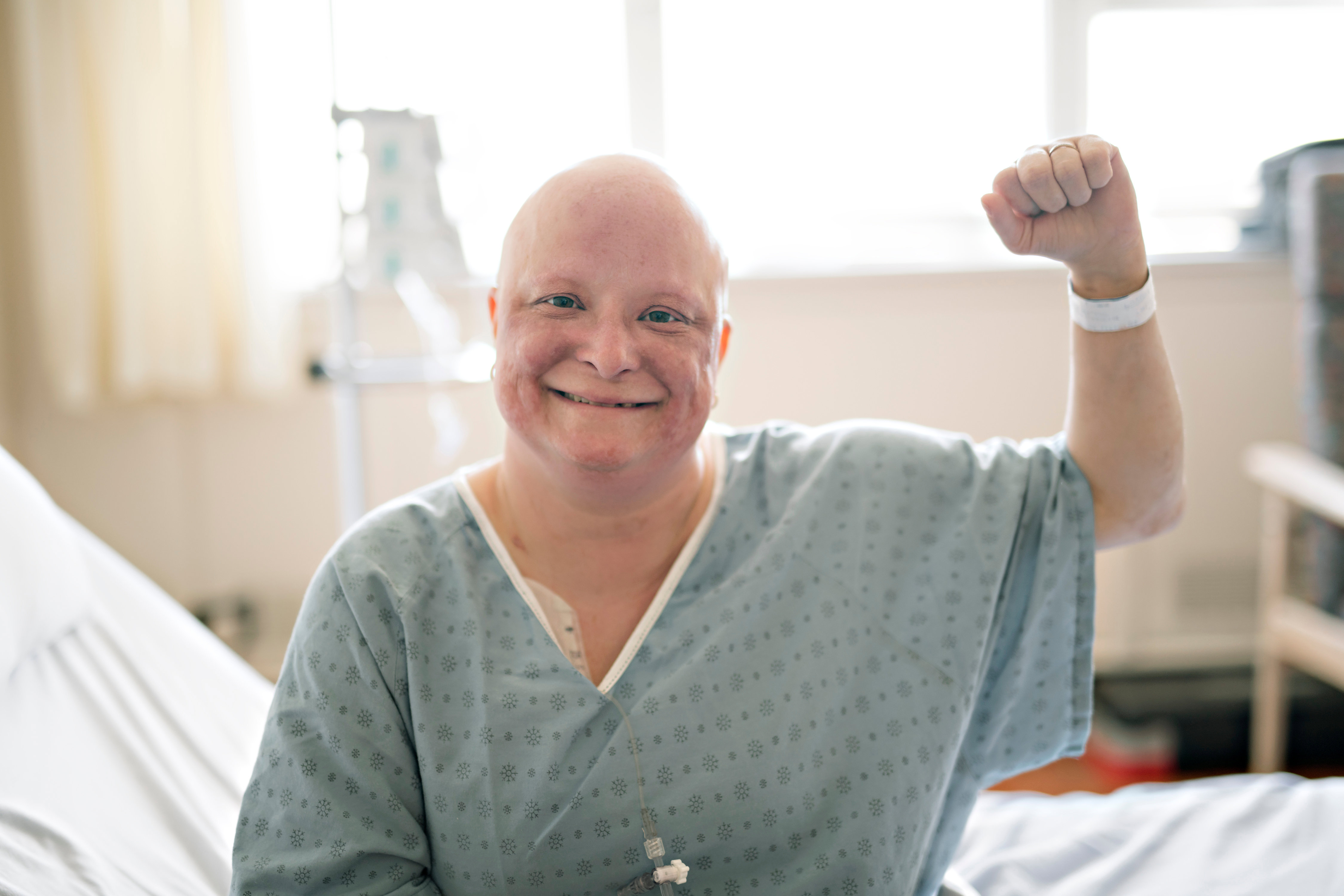
How to Make a Medical Negligence Claim for Cancer
The 4th of February is World Cancer Day, where a global effort is made to raise awareness of cancer and encourage prevention, early detection and treatment.


Solicitor, Medical Negligence
Healthcare professionals have a responsibility called the Duty of Candour. This means they must be honest when something goes wrong. Here's what they need to do:
They must also be honest with colleagues, employers, and relevant organizations, participating in reviews and investigations when asked. They should support and encourage each other to be honest and not prevent anyone in the industry from raising concerns.
If medical negligence occurs, a healthcare provider should offer reasonable support and solicitors will also seek an apology. Failing to fulfil the Duty of Candour can lead to an offence for which the Care Quality Commission (CQC) may prosecute them.
The Care Quality Commission (CQC) is the independent regulator of health and adult social care in England. They ensure health and social care services are provided to people with safety, are effective, compassionate and of high-quality.
Additionally, they monitor, inspect and regulate services and publish what they find. Where they find evidence of poor care, they have powers authorising them to take appropriate action. The CQC are able to take action including:
The reason that the CQC are able to take action of this nature is because they use such powers in order to:
They refer to the Duty of Candour as being a general duty to be open and transparent to those receiving your care. It applies to every healthcare and social care provider that is regulated by the CQC.
The Duty of Candour requires registered providers and registered managers (known as ‘registered persons’) to act in an open and transparent way with people receiving care and/or treatment from them. The regulation also defines ‘notifiable safety incidents’ and specifies how registered persons must apply the Duty Of Candour if any of these incidents occur.




Care Quality Commission. (n.d.). Regulation 20: Duty of Candour. Retrieved from https://www.cqc.org.uk/guidance-providers/all-services/regulation-20-duty-candour. (Accessed: 31/12/2023)
Care Quality Commission. (n.d.). Home. Retrieved from https://www.cqc.org.uk/ (Accessed: 31/12/2023)
Care Quality Commission. (n.d.). About Us. Retrieved from https://www.cqc.org.uk/about-us (Accessed: 31/12/2023)
Care Quality Commission. (n.d.). How We Do Our Job: Taking Action. Retrieved from https://www.cqc.org.uk/about-us/how-we-do-our-job/taking-action (Accessed: 31/12/2023)
Care Quality Commission. (n.d.). Our Purpose & Role: Who We Are. Retrieved from https://www.cqc.org.uk/about-us/our-purpose-role/who-we-are (Accessed: 31/12/2023)
General Medical Council. (n.d.). Professional Duty of Candour. Retrieved from https://www.gmc-uk.org/professional-standards/professional-standards-for-doctors/candour---openness-and-honesty-when-things-go-wrong/the-professional-duty-of-candour (Accessed: 31/12/2023)
General Medical Council. (n.d.). Being Open and Honest with Patients in Your Care and Those Close to Them When Things Go Wrong. Retrieved from https://www.gmc-uk.org/professional-standards/professional-standards-for-doctors/candour---openness-and-honesty-when-things-go-wrong/being-open-and-honest-with-patients-in-your-care-and-those-close-to-them-when-things-go-wrong (Accessed: 31/12/2023)
NHS Resolution. (n.d.). About. Retrieved from https://resolution.nhs.uk/about/ (Accessed: 31/12/2023)
The Guardian. (2020, September 23). NHS trust fined for lack of candour in first prosecution of its kind. Retrieved from https://www.theguardian.com/society/2020/sep/23/nhs-trust-fined-lack-of-candour-first-prosecution-of-its-kind-plymouth (Accessed: 31/12/2023)
Fill in the form below to get in touch with one of our dedicated team members, or call our team today on: 0800 260 5010